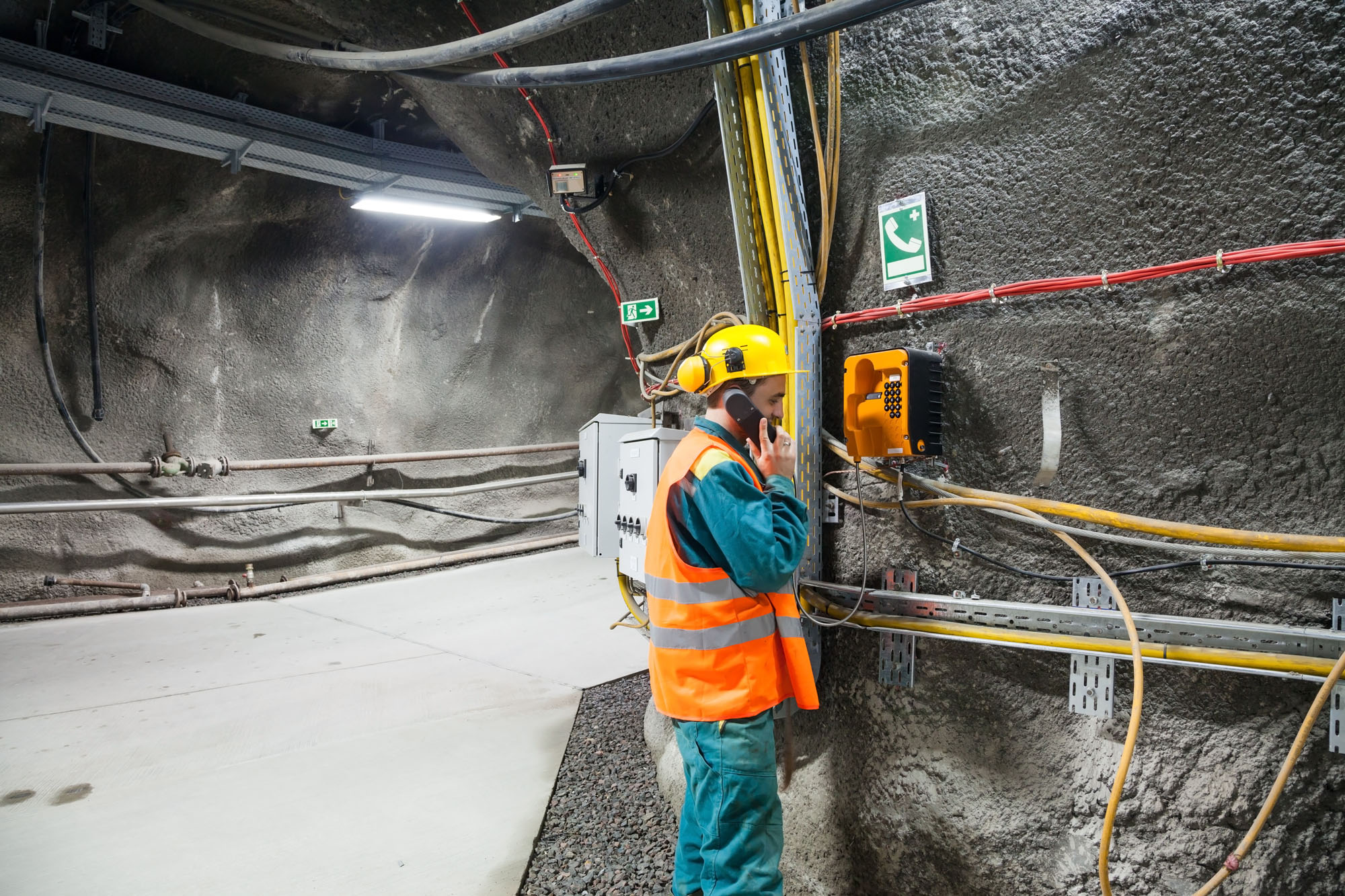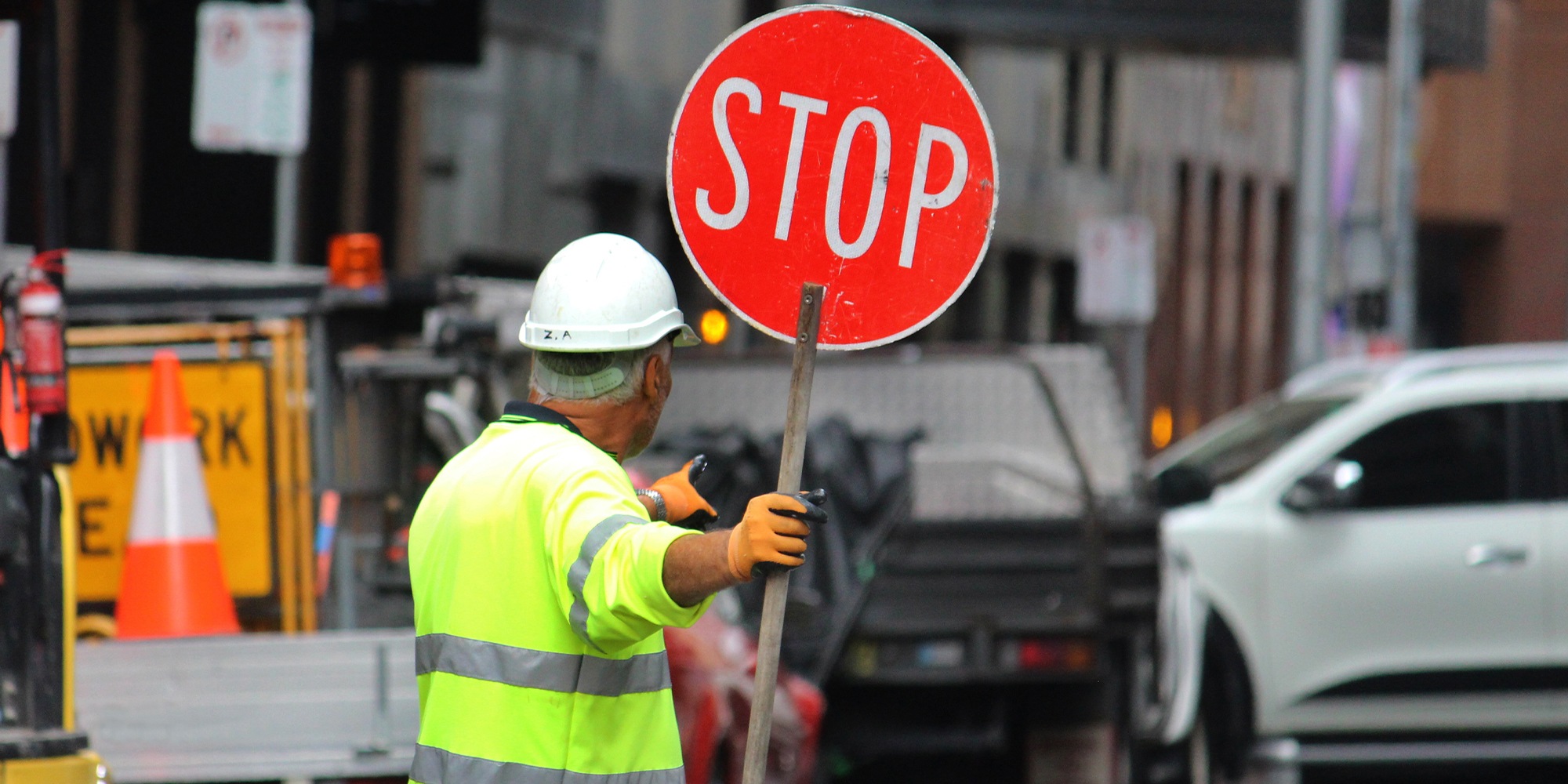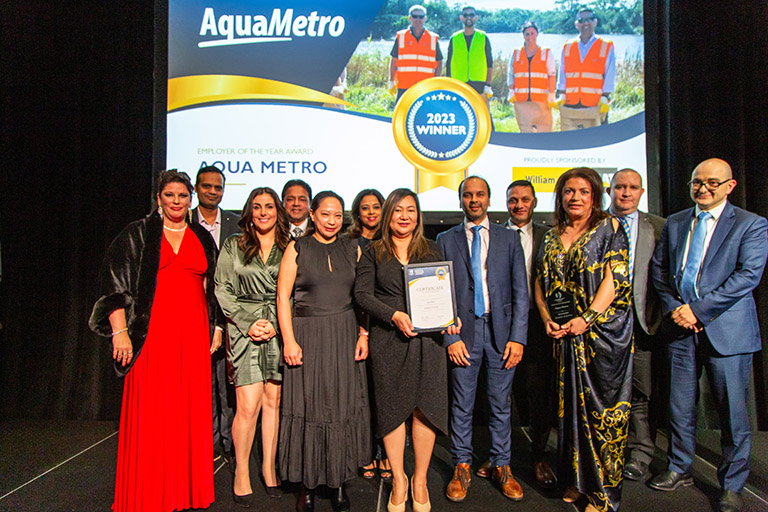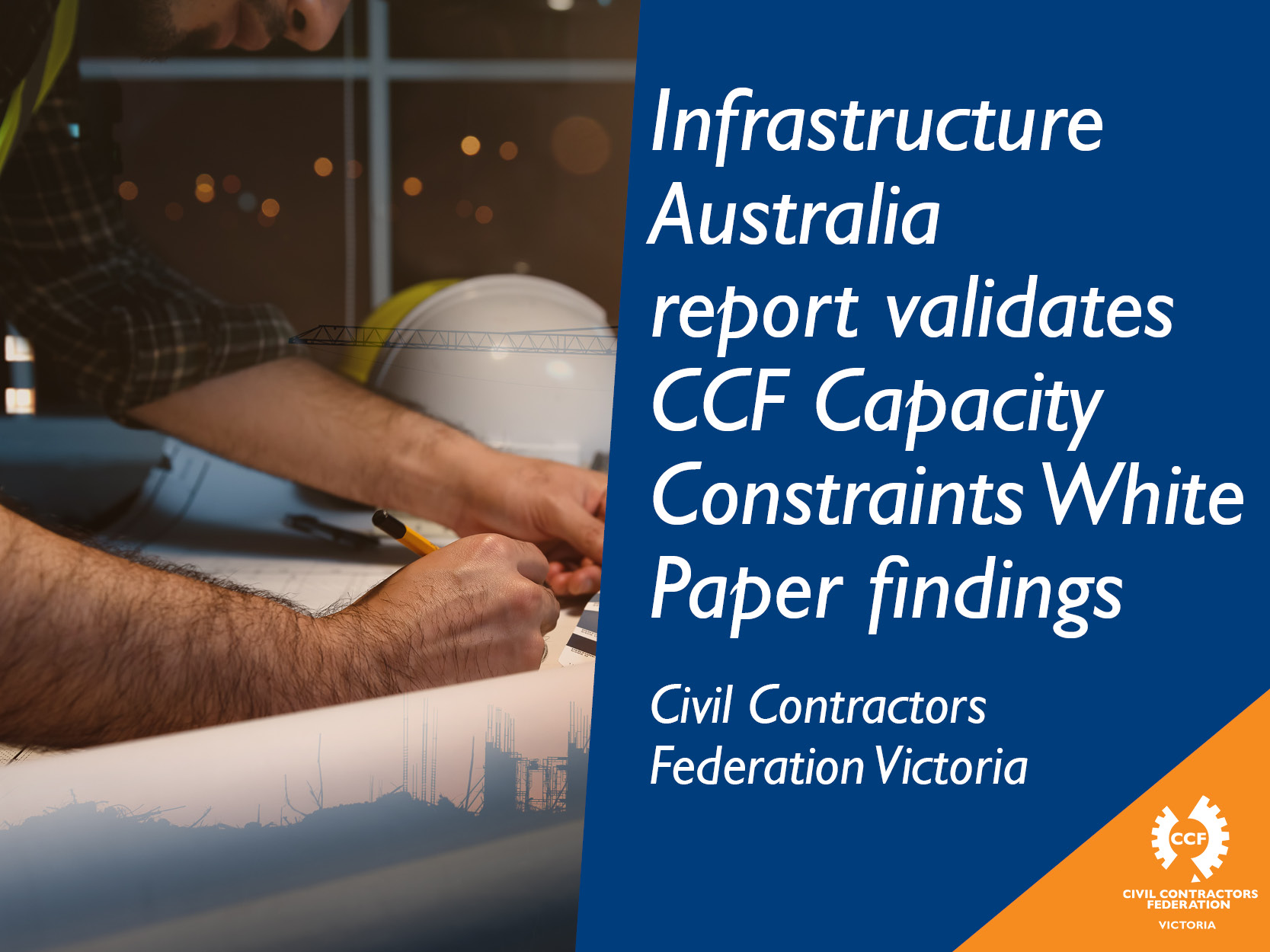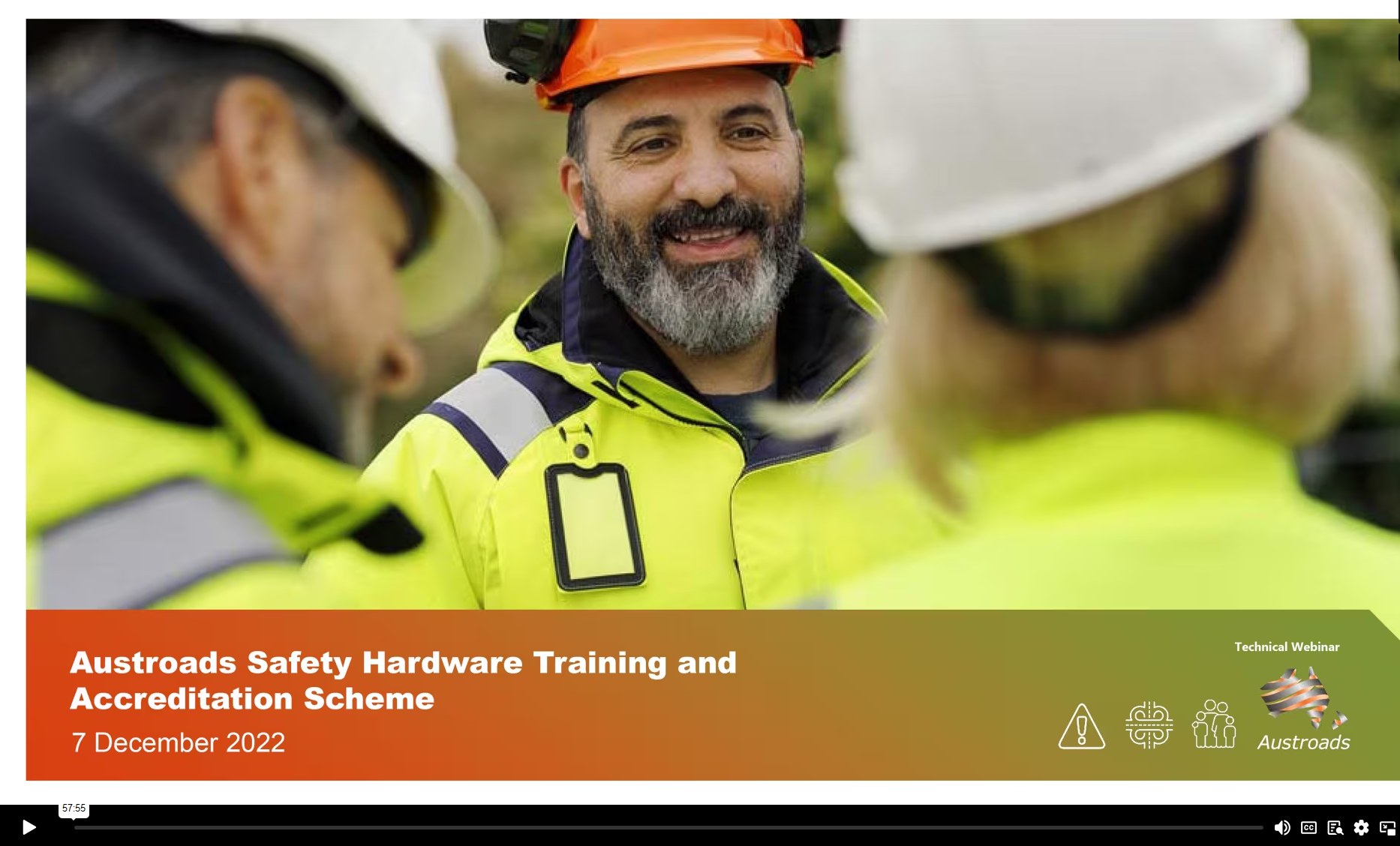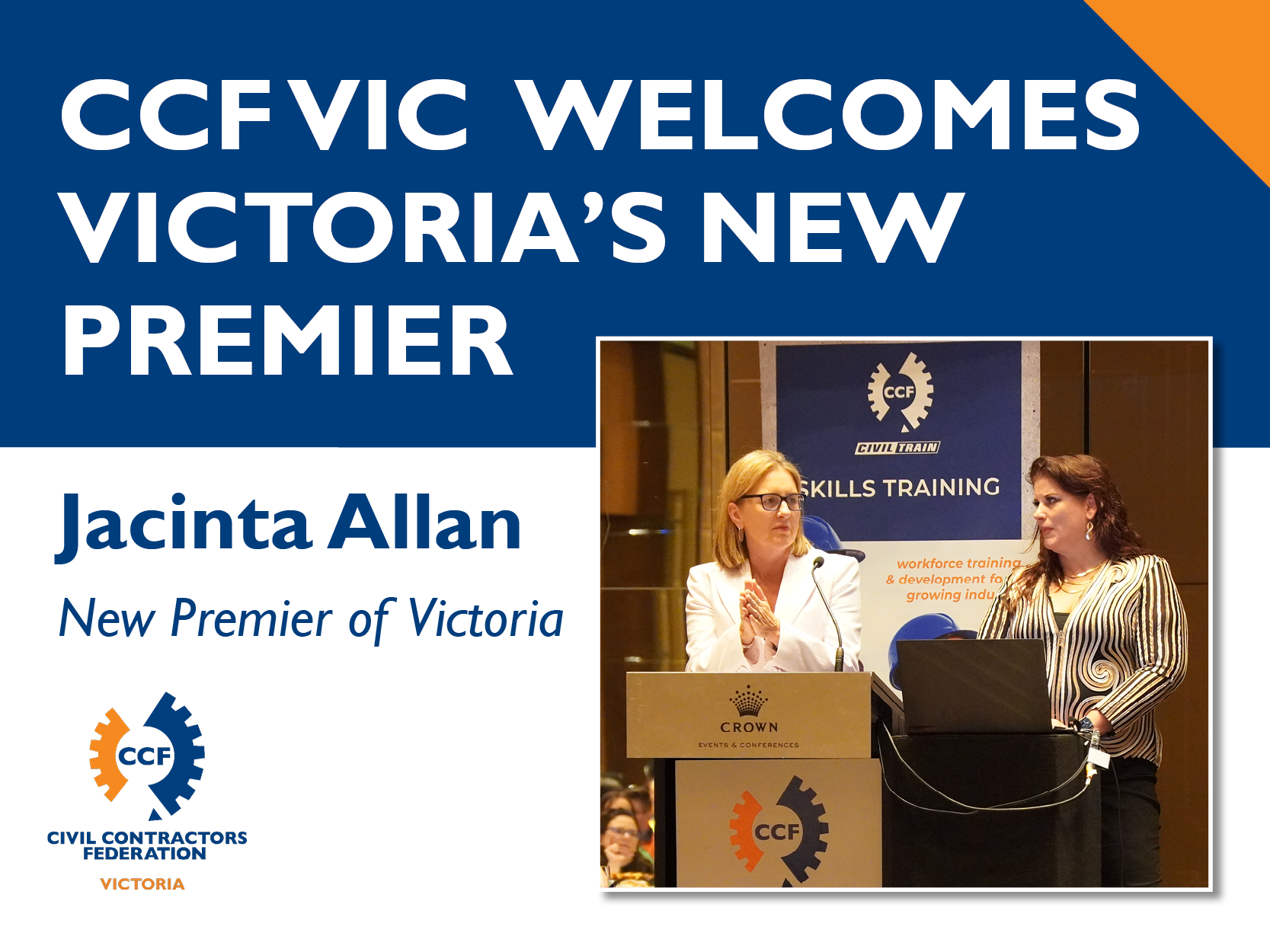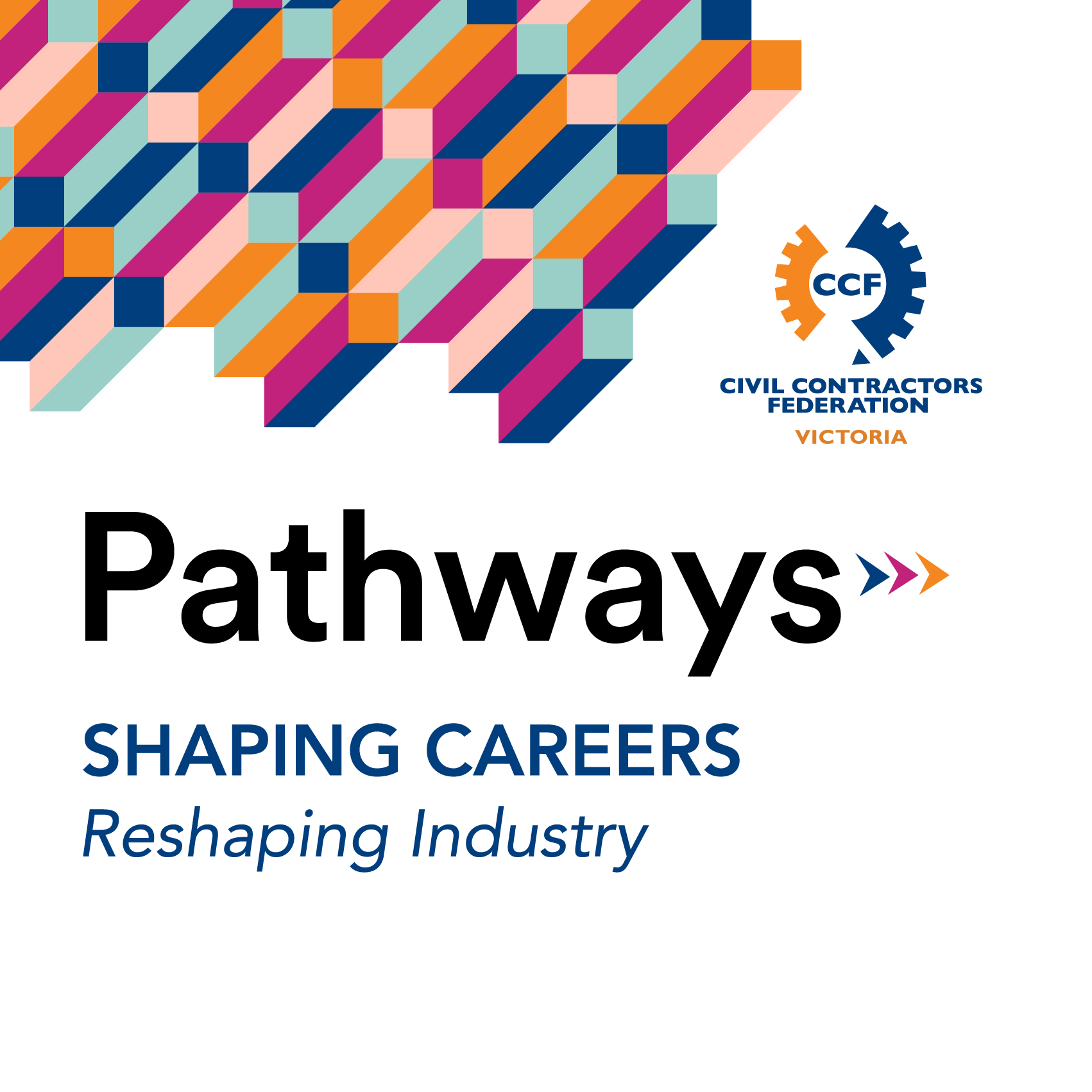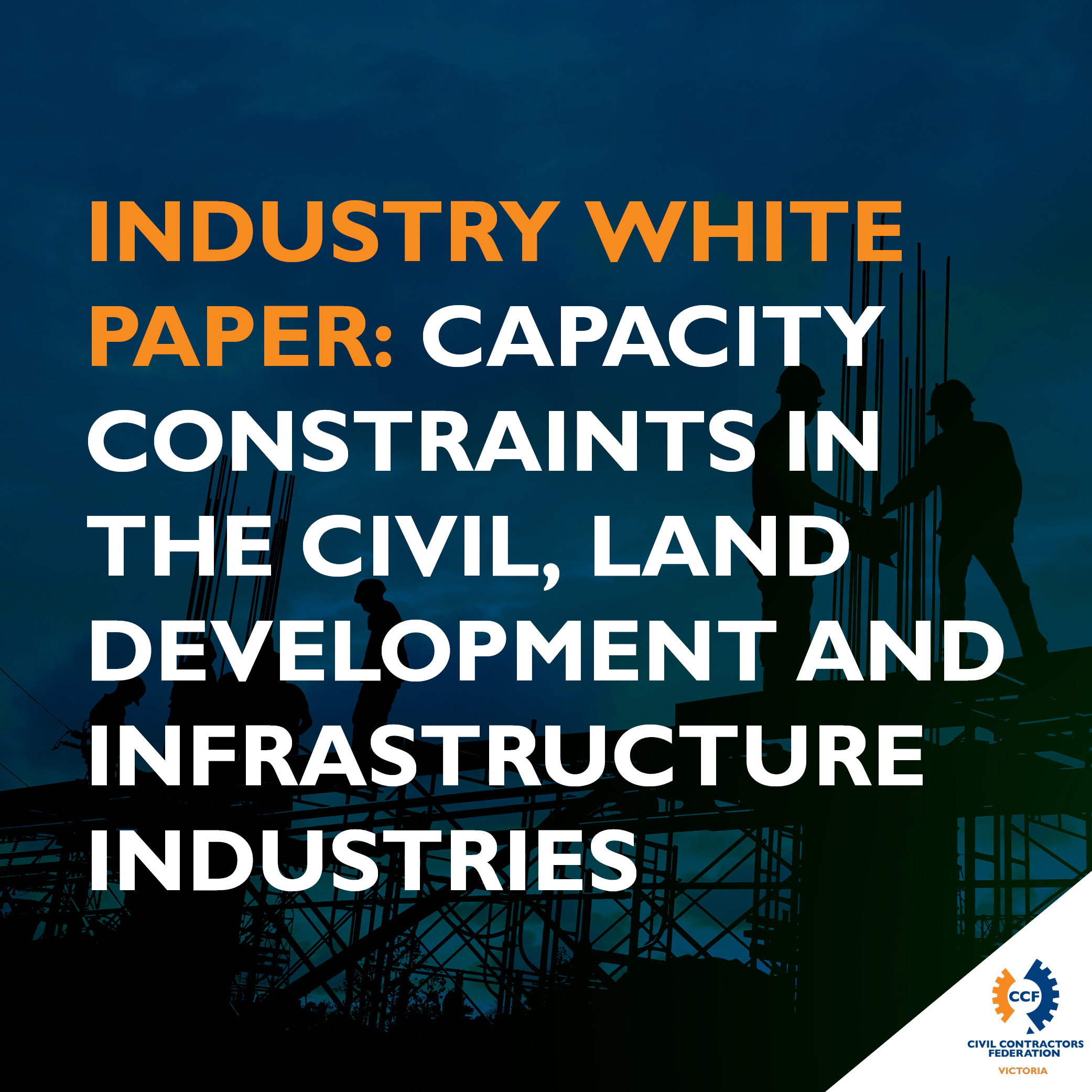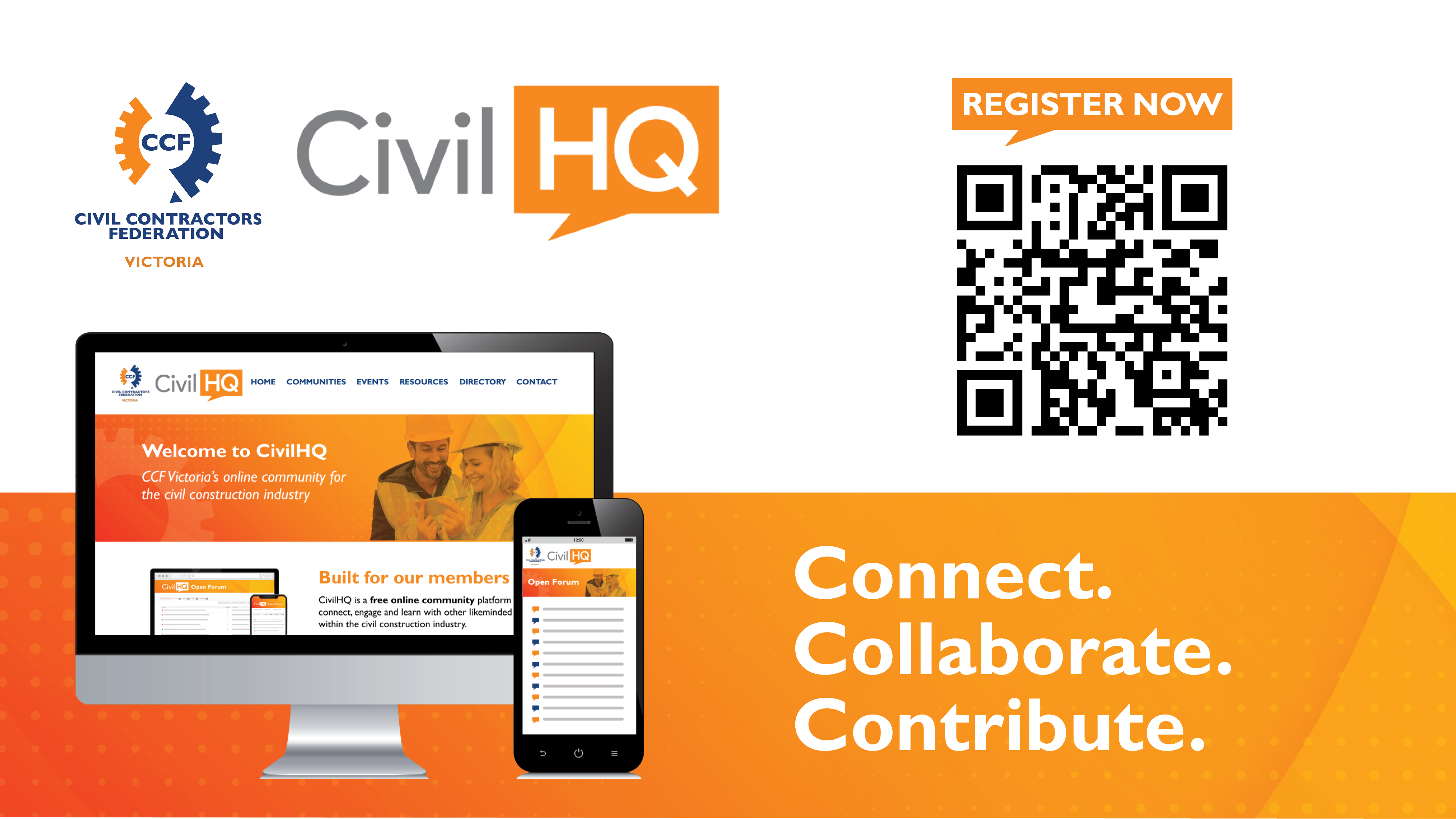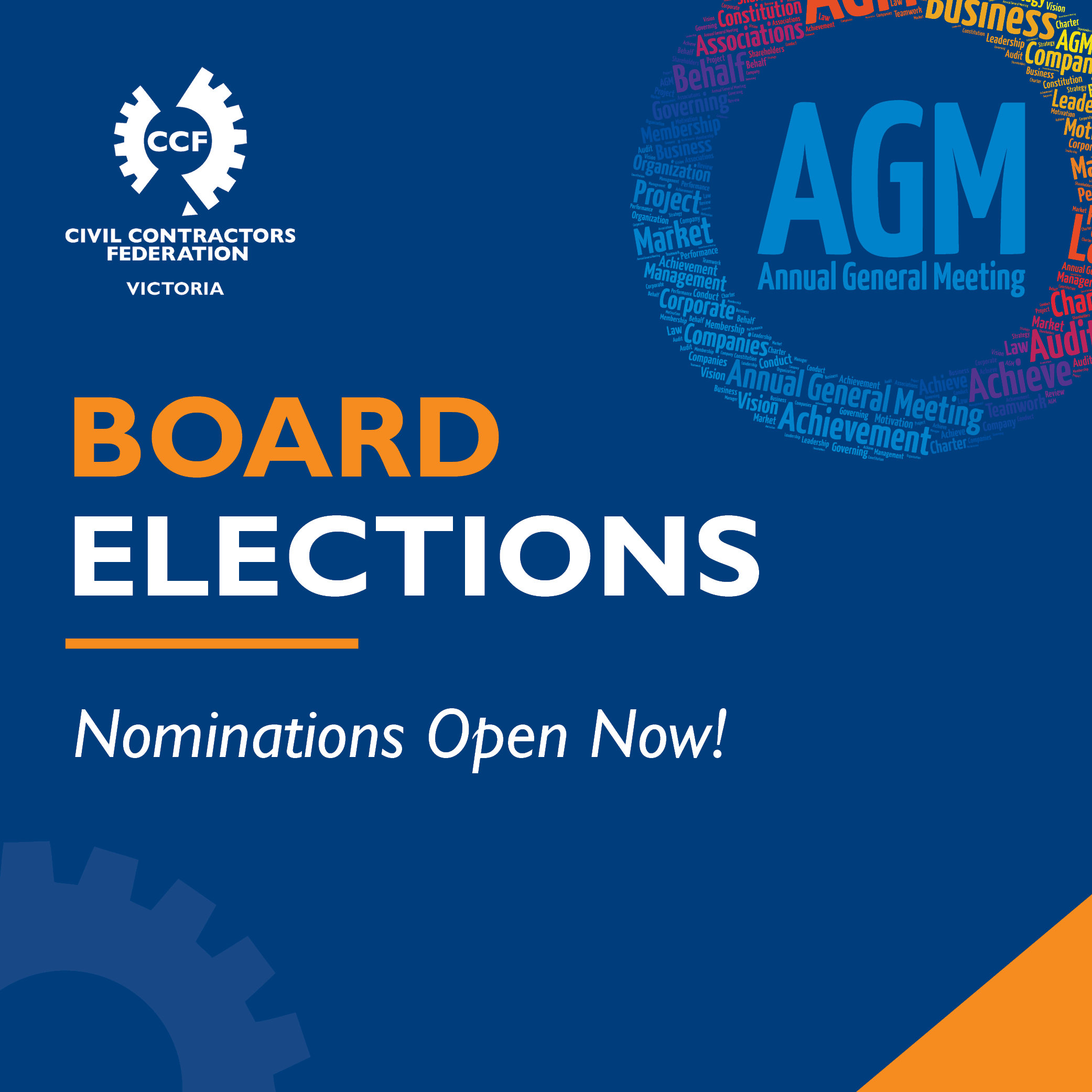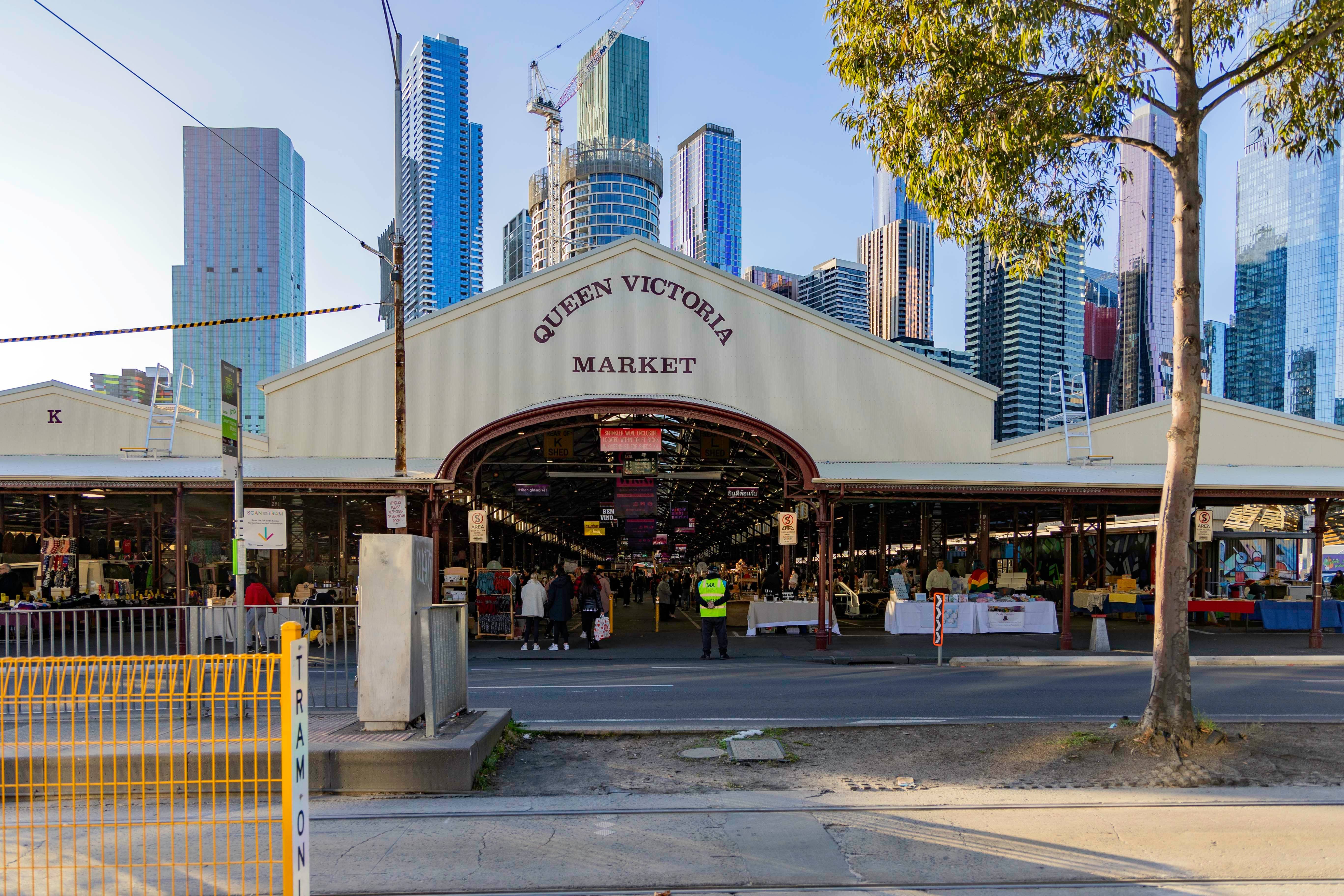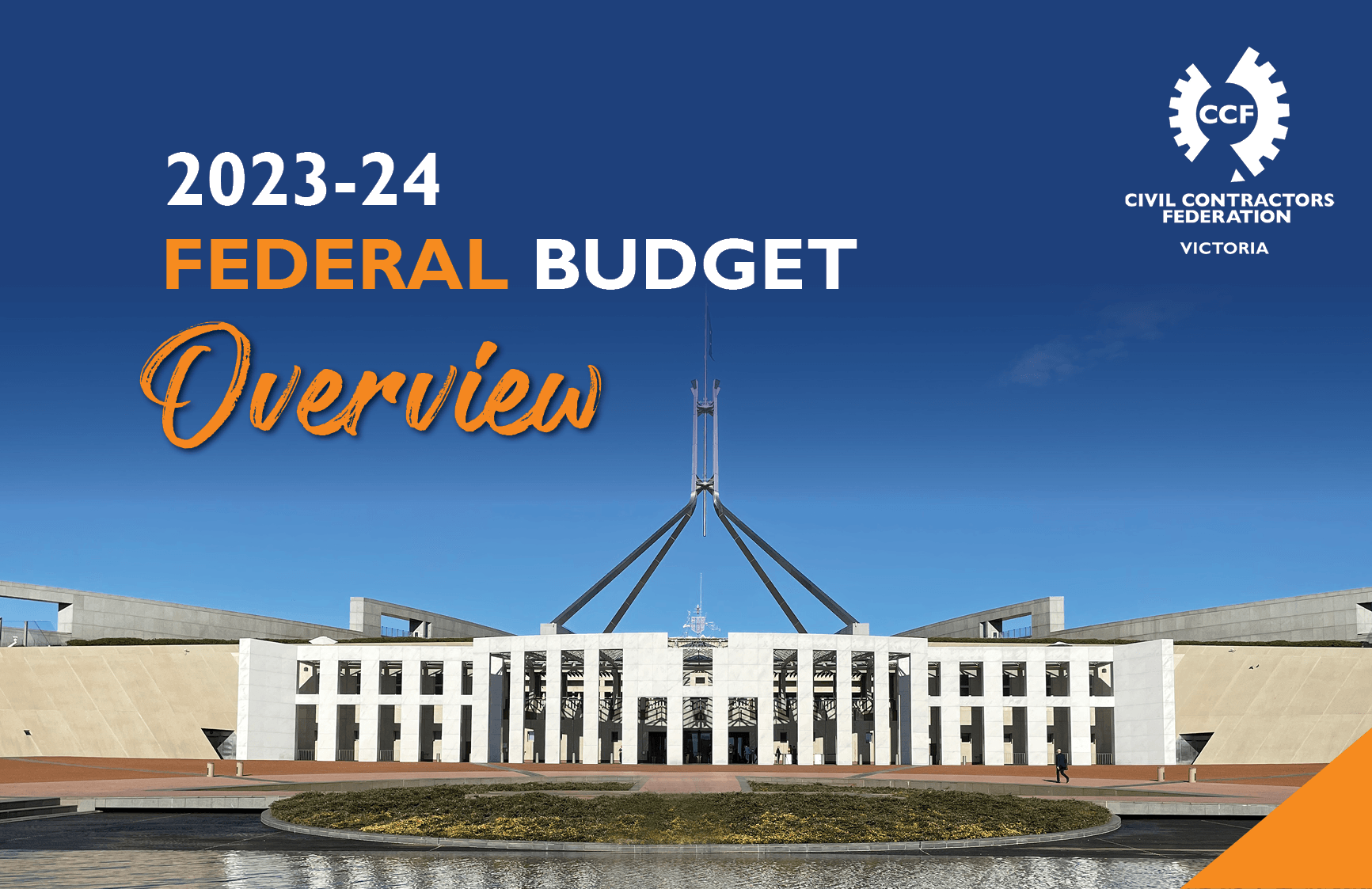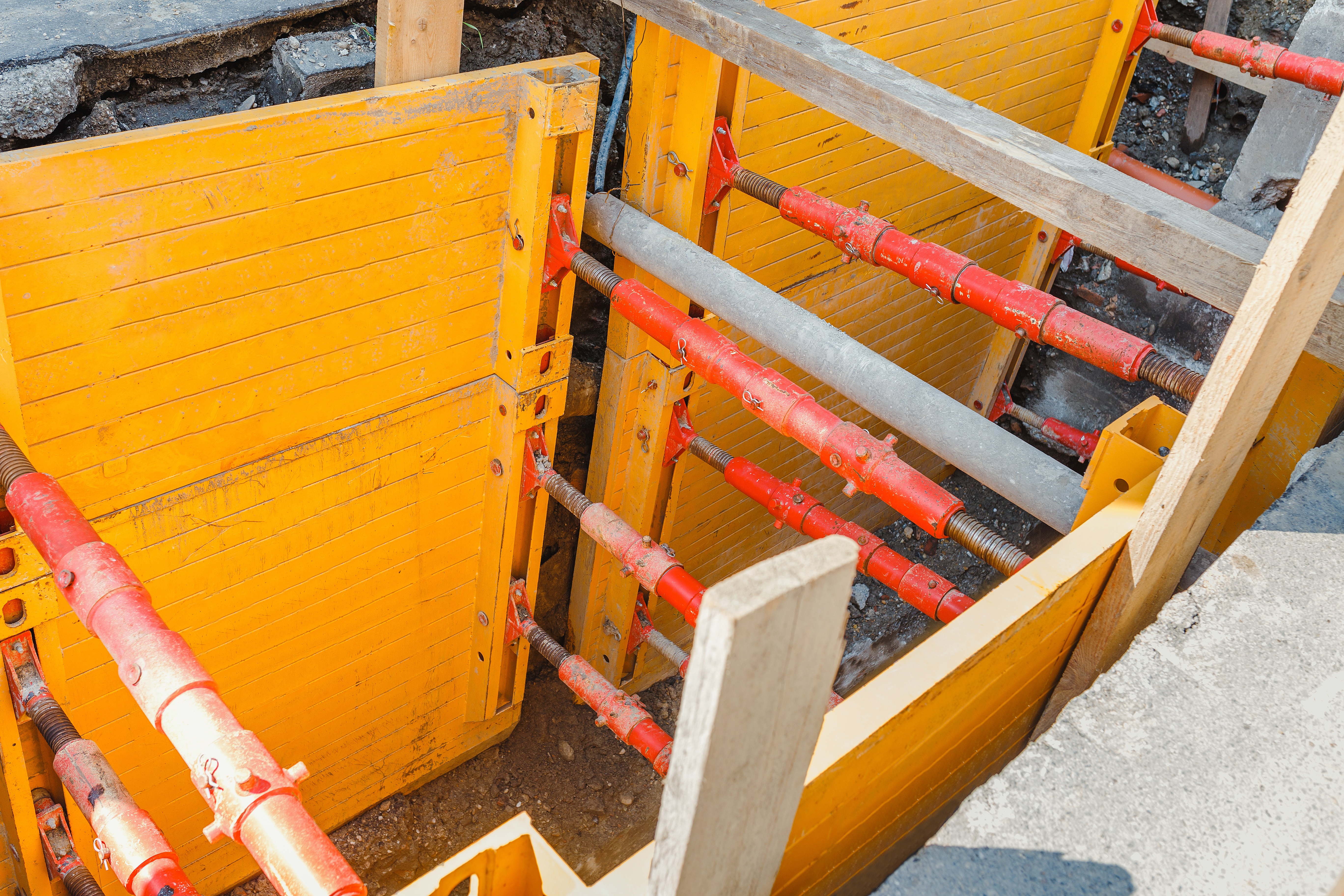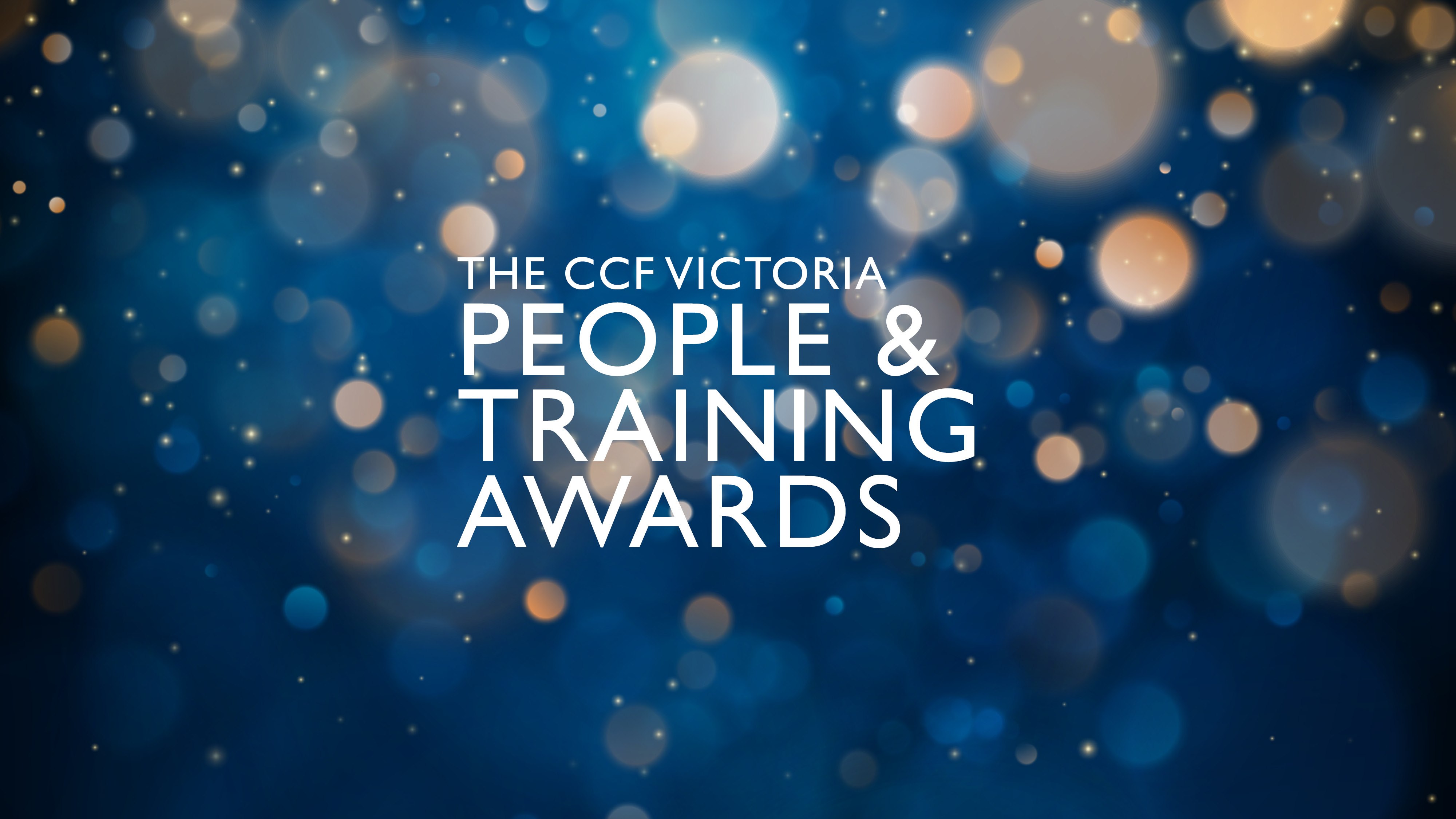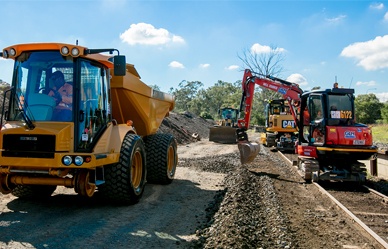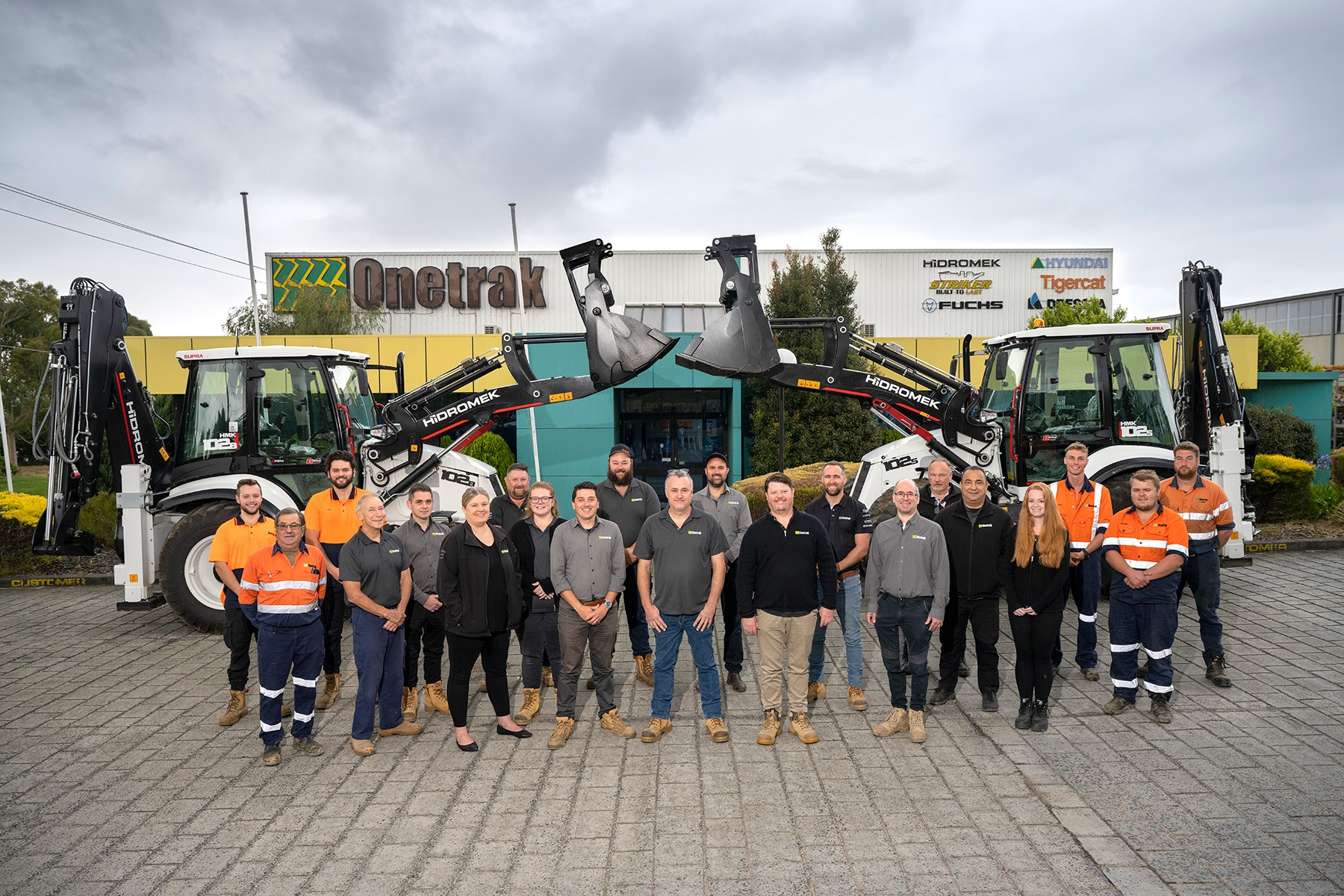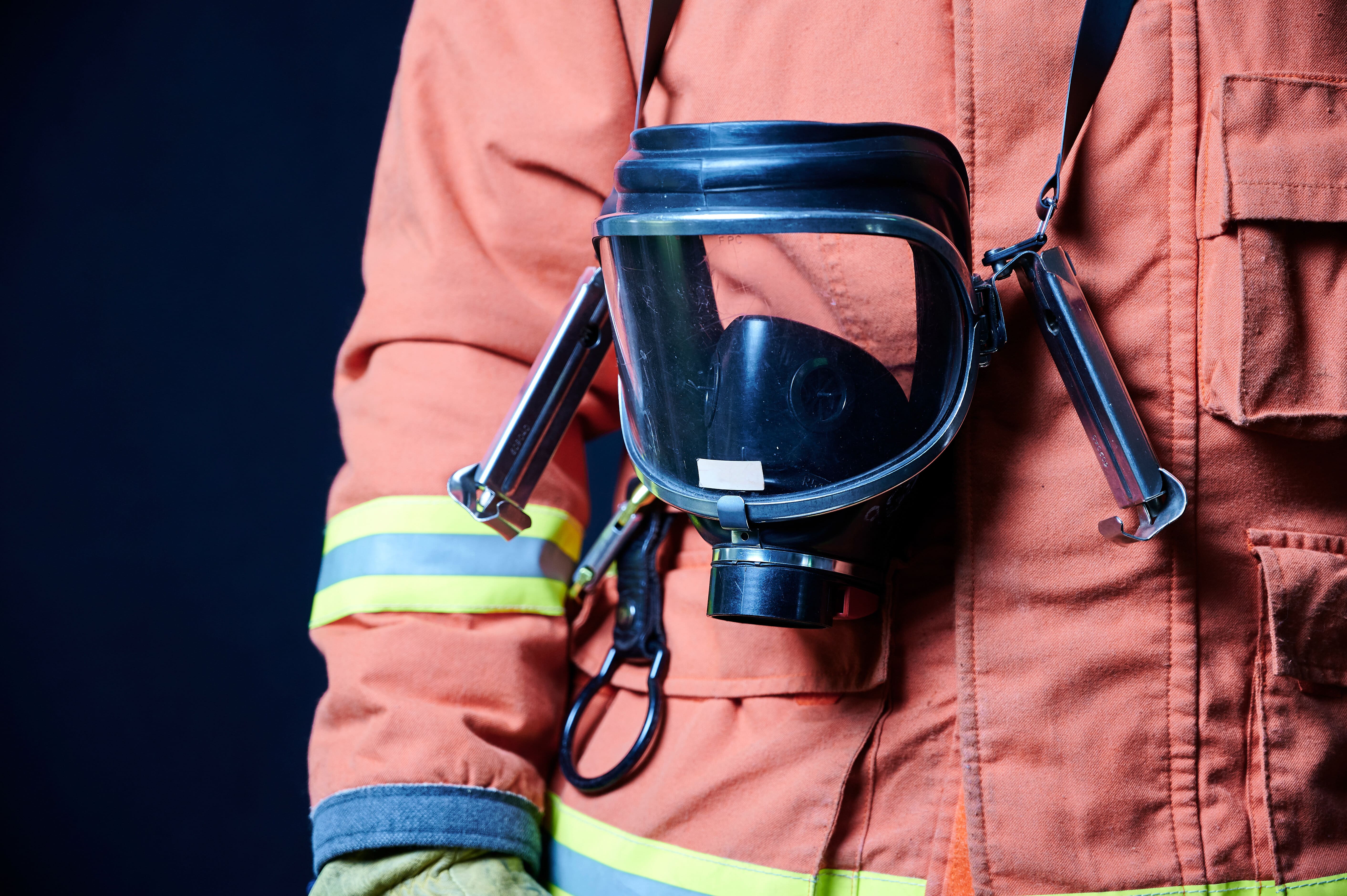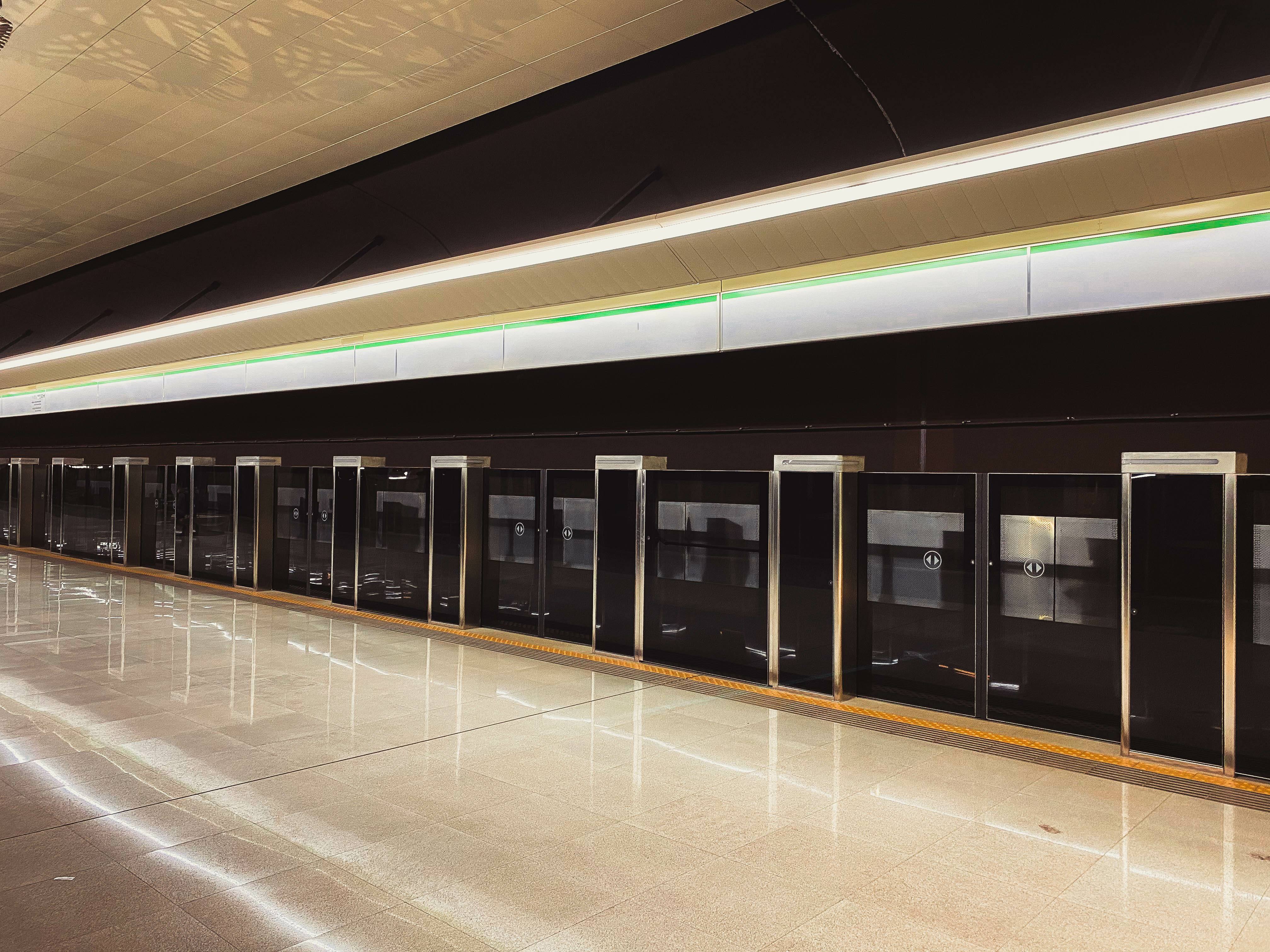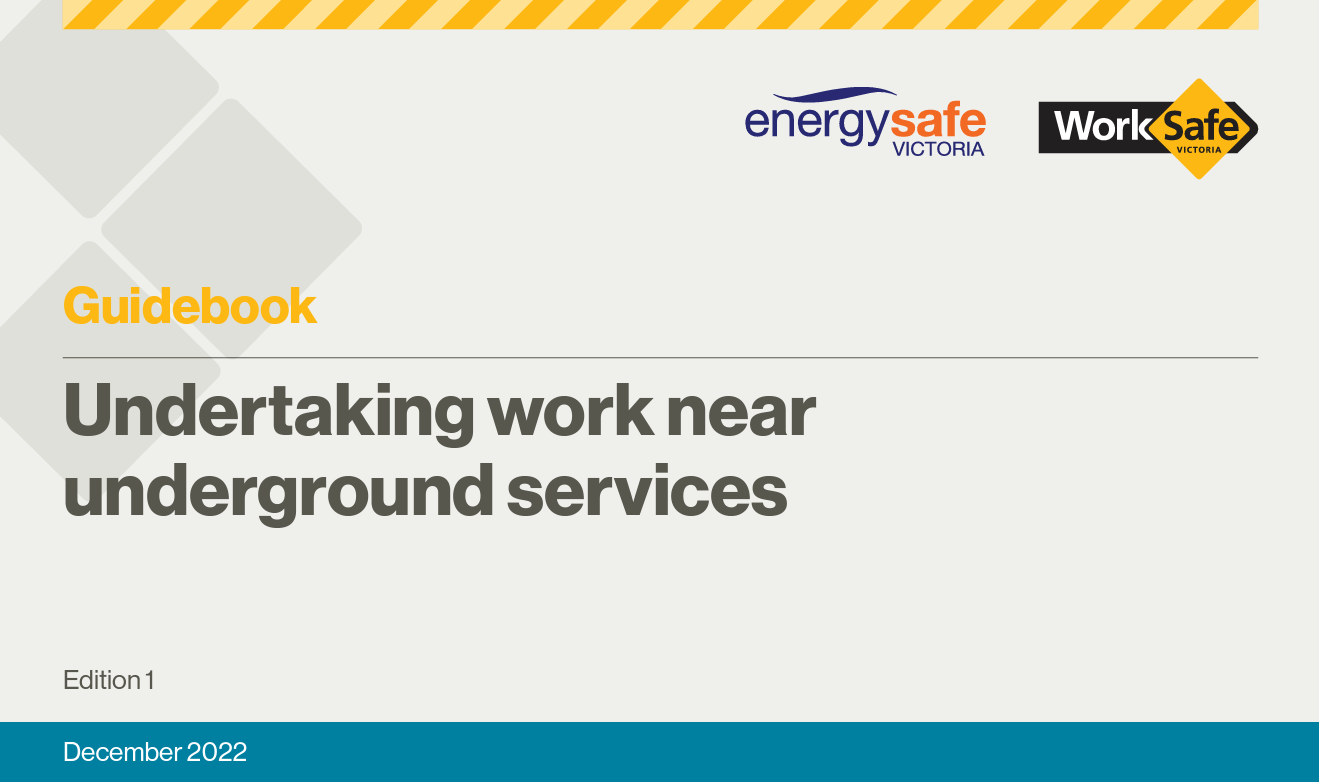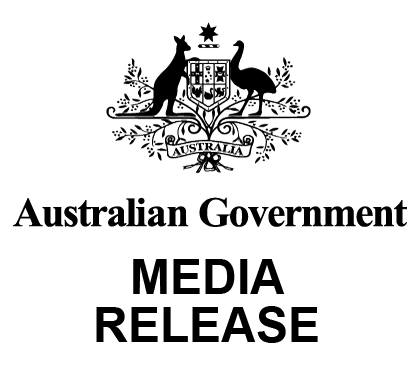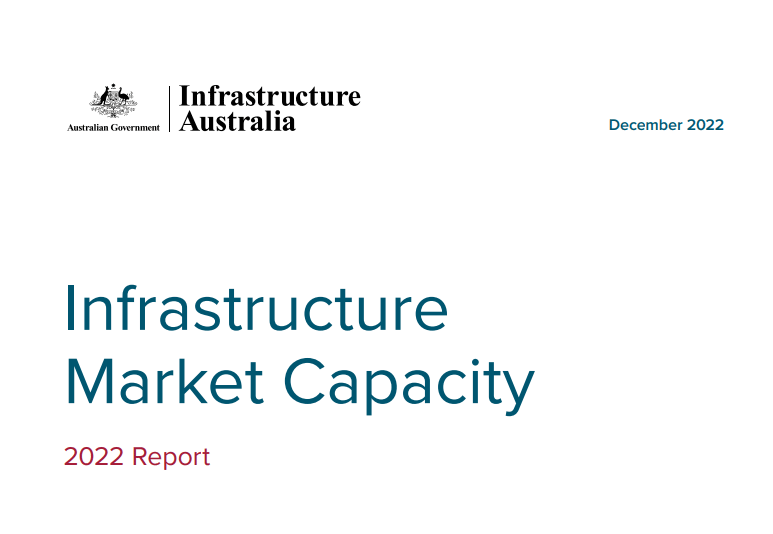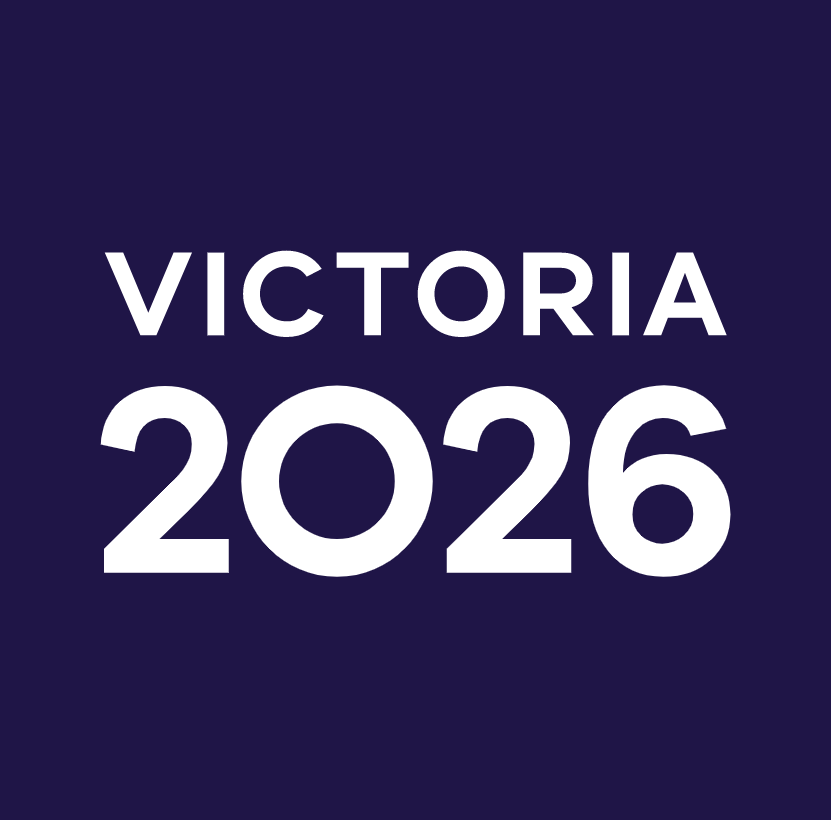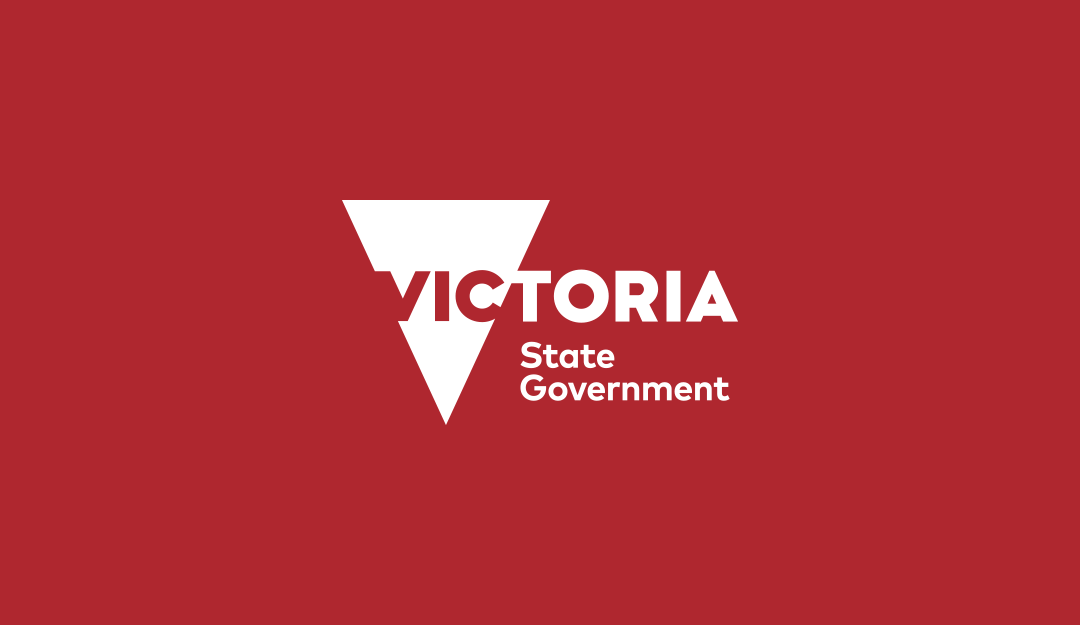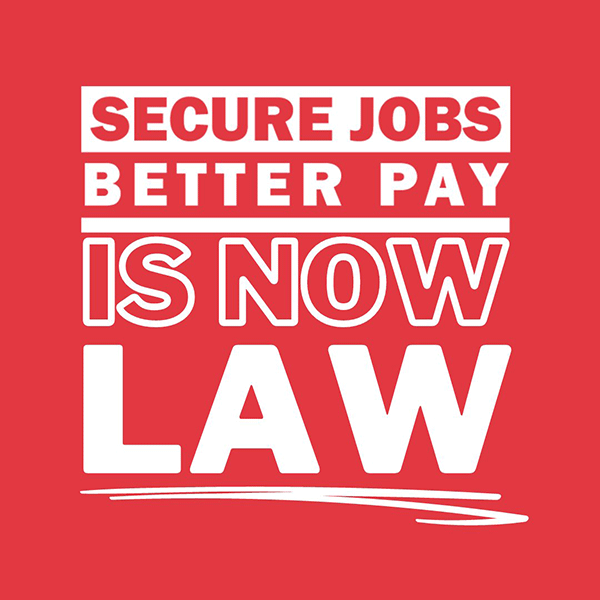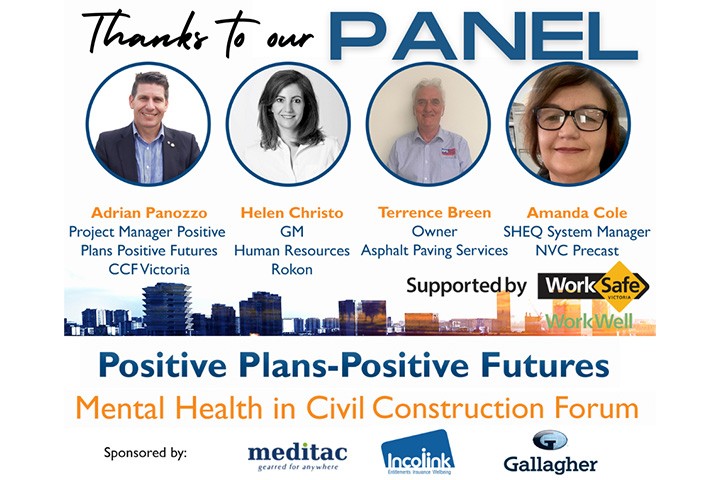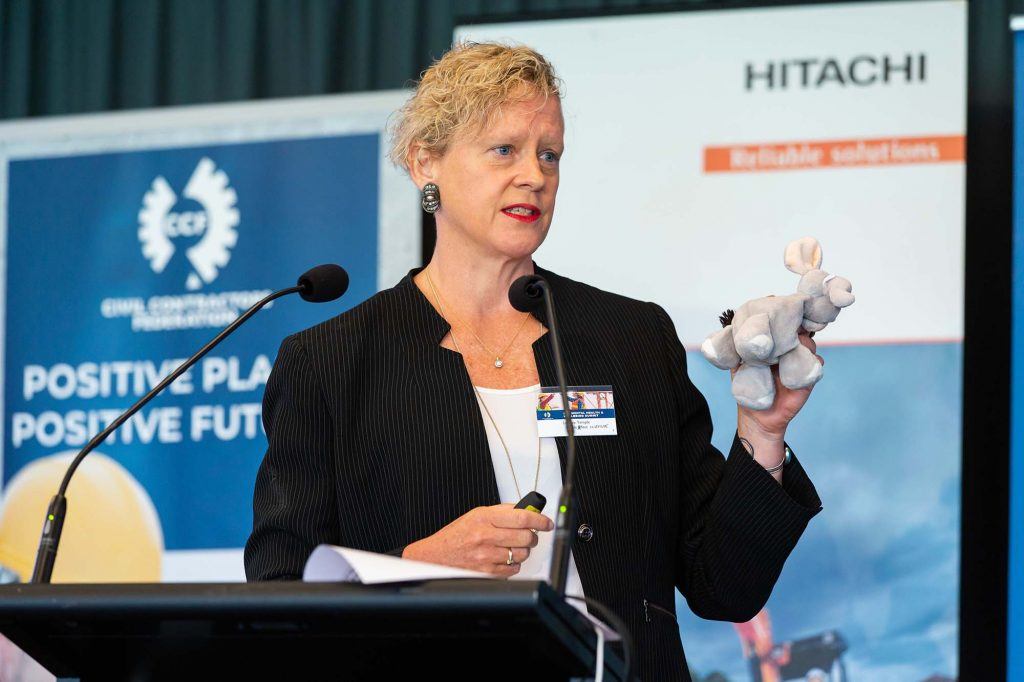
It’s Health and Safety Month in Australia this October.
Given this, it is an opportune time to talk about mental health.
This is especially important in light of recent challenges in Australia. As well as COVID, these include bushfires, drought, floods, cyber-attacks, and now unsettling demonstrations and a recent earthquake and tornado in Victoria and NSW.
Fortunately, construction workers have been able to work throughout most of the pandemic. Nevertheless, things have not been easy. On the job, workers have needed to adapt to new COVID safety measures as well as new ways of working. At home, may have needed to shoulder additional responsibilities. These including home-schooling/caregiving or simply finding space at home to work. All this adds additional pressure to an already stressful environment.
As many in the industry are aware, our collective wellbeing has never been good. All up, around 190 construction workers die by suicide each year. According to Mates in Construction, 93 percent of those who took their own life did not seek help before they died.
Some of us might not admit that we are struggling, but are not showing up as our best selves. We self-soothe with behaviours that are detrimental. We work long hours. We gravitate to onsite vending machines. We drink too much caffeine. All this detracts from mental and physical wellbeing.
And when we don’t show up well for ourselves, we then also don’t show up well for others! So how can we effectively manage our difficulties and develop supporting relationships which enable us to share our struggles and challenges?
The bottom line is that we cannot continue to let our mental health be the elephant in the room.
As an industry, construction prides itself on creating physically safe workplaces. Yet it lags in understanding how to create psychologically and mentally healthy environments.
Now, however, is the perfect time to adopt and embed proactive measures in mental health and wellbeing into industry culture.
For all of us, it is time for courage. It is time to act on whatever we ourselves can control individually to improve our own mental health. This includes adopting positive habits which will not only improve how we feel and perform but will also benefit our colleagues, family and friends.
“It only takes 40 seconds of caring interaction to change a person in a way that affects their whole health trajectory”. – Jane Dutton (Professor of Psychology, University of Michigan).
So, challenge yourself in October to improve your wellbeing. This means your ability to feel good and function effectively.
To help, the following tools were developed by Dr. Martin Seligman and are known as the PERMAH framework (Positive Emotion/Engagement/Relationships/Meaning/Accomplishment/Health).
These tools may seem simple and you may be sceptical that they will make a difference. But over 40 years of research says differently!
Try practicing some of these. Even a couple of minutes a day can help:
Tools for our toolbox
Positive Emotion: Incorporate within your day things that brings you happiness and joy. This could be playing with the dog before work or taking photos of something that interests you. Positive emotions build our resilience, which is needed for coping. Even just having a laugh decreases stress hormones!
Engagement: Connect positively with those around you (this boosts oxytocin which builds trust with those around us). Engaging positively with people through authentic, kind and compassionate ways helps to boost wellbeing and improve self-esteem. Research shows that even just a flash of a smile can create instant physiological change which boosts your wellbeing and those you shared the smile with!
Relationships: Work on developing trust in your relationships. Feeling supported and valued is imperative for healthy relationships. The older we get, the more important social connections become. Focus on a key relationship you have at work, at home AND with yourself to increase your wellbeing.
Meaning: Connect to something bigger than yourself. Sometimes that is also outside our workplace. It could be that we volunteer our time with an organisation we are passionate about or help others in some way like with your kids’ sports team. What is meaningful in your life?
Accomplishment: The belief and ability to do the things that matter most to us. Some of us are lucky enough to get a sense of accomplishment with the work that we do. But if you are not one of those people, what in your life brings you a sense of accomplishment? Where do you build up your sense of accomplishment? This can be mastering a skill, meeting goals and deriving satisfaction from the process.
Health: Eating well (keeping away from those jobsite vending machines as much as possible!), getting enough sleep, and moving regularly throughout the day are all imperative to a healthy lifestyle and increasing your wellbeing.
Develop a wellbeing plan. Making an intentional plan will help you to take care of yourself and hold yourself accountable. Think of it as putting your oxygen mask on yourself first. You are no good to anyone if you are incapacitated! Try to develop a daily routine and share with someone around you to help keep you accountable.
This could include many things. Sleep routine/phone off at night. Drink more water. Take a walk every hour. Meditate. Practice deep breathing. Connect with friends. Take the dog for a walk. Exercise. You can incorporate the tools listed above into wellbeing plan activities. Even just a few minutes a day is known to make a difference.
Does all this really matter? Yes. Studies have shown that those who have higher levels of wellbeing are more productive, experience greater job satisfaction and are less likely to burn out.
Positive mental health is typically achieved through purposeful effort and a large number of small decisions and actions which combine to make a big difference.
“For everyone, wellbeing is a journey. The secret is committing to that journey and taking those first steps with hope and belief in yourself.” – Deepak Chopra
Be kind to yourself. Make it your goal this month to focus on your own wellbeing.
Start incorporating small positive steps toward a safer, healthier and happier life.
Article by Laurice Temple – Founder of the Ripple Affect Institute
If you or anyone you know needs help, call:
- Lifeline 13 11 14
- Beyond Blue 1300 22 4636
- Mens Line Australia 1300 78 99 78
- Mates in Construction (construction workers) 1300 642 11


